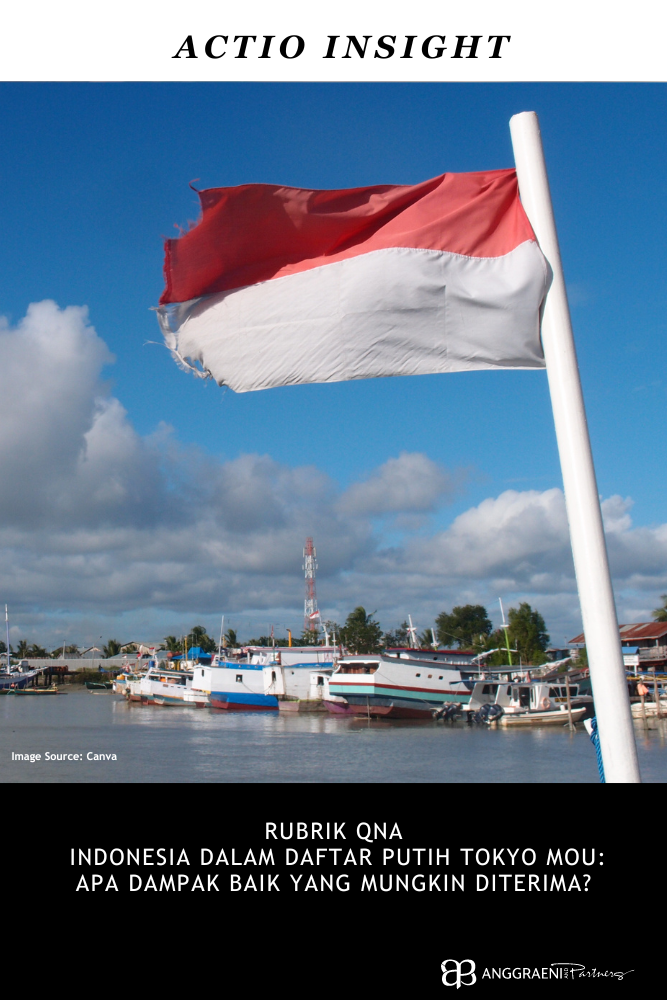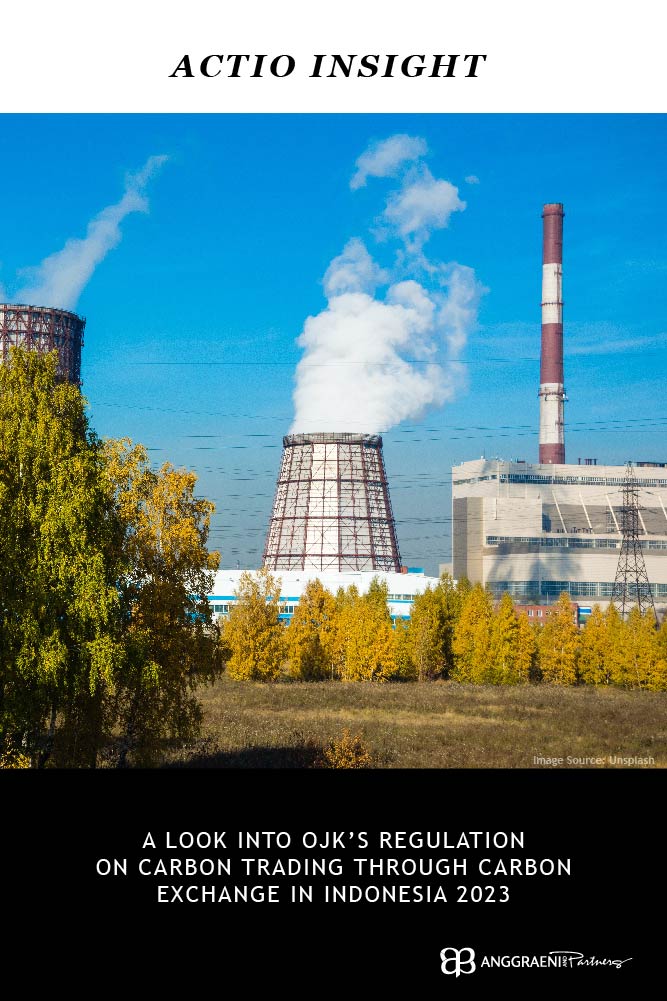GOVERNMENT RESPONDS ON DIMINISHED OIL IMPORT DUE TO THE IMPACT OF RUSSIA VS UKRAINE
What is the impact of Russia’s invasion to the Ukraine or other nations associated with either of the two countries?
The Russian-Ukrainian conflict has taken a toll on the world oil market. Russia announced an export ban on telecoms, medical, vehicle, agricultural, and electrical equipment, as well as some forestry products such as timber. On top of that, western governments- imposed sanctions, notably the restriction on buying oil from Russia which affected most nations. Russia most notable export item is petroleum and due to the sanctions imposed by the western governments, petroleum export is cut short around the world. On the other hand, Ukraine is a top exporter of many products including seed oils, corn, wheat, iron ore and semi- finished iron. No sanctions were imposed on Ukraine. Ukraine only lost 1 of their target export which dealt minimal damage to the Ukrainian economy.
The war between Russia and Ukraine, and sanctions on Russian export have had a major negative impact in multiple countries with Indonesia being one of them. Lack of oil imports in Indonesia have caused a major shortage of oil for distribution and has led to the inflation of oil prices globally and disrupted distribution. Indonesia saw a sharp rise of in the price of cooking oil and gasoline, which increased by almost 2 times its previous price. The Indonesian government have made multiple attempts to provide for the lack of oil in various regions across Indonesia. This has included investigations into cartels and monopolistic practices by some cooking oil distributors in Indonesia.
What is the Indonesian Government’s response towards the situation in Russia and Ukraine? Is there any new policy, in particular regarding food and energy?
The Indonesian Government and President have tried to mitigate the negative impacts by imposing price ceilings by issuing Ministry of Trade Regulation Number 11 of 2022 on stipulation of highest retail price (harga eceran tertinggi) of bulk cooking oil (MoT 11/2022). The Ministry of Trade issued this regulation in hopes that the price of oil is accessible throughout Indonesia at fairly affordable prices. The regulation prevents cooking oil distributors or sellers to sell oil above the maximum price fixed by the ministry. The regulation also allows the Ministry to supervise the distribution of cooking oil. There are sanctions, fines and penalties on offenders violating MoT 11/2022 regulation and these are stipulated under Article 5 of the regulation. Distributors who violate the regulation under Article 3 are subject to administrative sanctions. This applies to middle sized distributors as well as larger firms. The administrative sanctions can be in the form of:
a. Temporary suspension of activity; and/or
b. Revocation of business license.
The administrative sanctions will be imposed by the ministry and the district heads based on each of their authority on the matter in accordance with the laws and regulation. Upon violation of the law, the head of district is able to give mandate to the Head of Department of the Ministry of Trade. Administrative sanctions in the form of revocation of business license is implemented through the online single submission (OSS) based on the notification of the Ministry or head district in accordance with the laws and regulation on administration of business licenses.
There was also a government initiative in which the government banned the export on crude palm oil (CPO) through Ministry of Trade Regulation Number 22 of 2022 on Temporary Export Ban of Crude Palm Oil, Refined, Bleached, and Deodorized Palm Oil, Refined, Bleached, and Deodorized Palm Olein, and Used Cooking Oil. This regulation was active since 28 April 2022 and applies to all region of Indonesia. It is regulated in Article 4 that whoever violates this regulation will be subject to administrative sanction. The reason behind this new regulation is to oversee the production and distribution of crude palm oil. In response, the decrease in import of oil from Russia have sky-rocketed prices of Palm Oil globally. MAD/JXR


